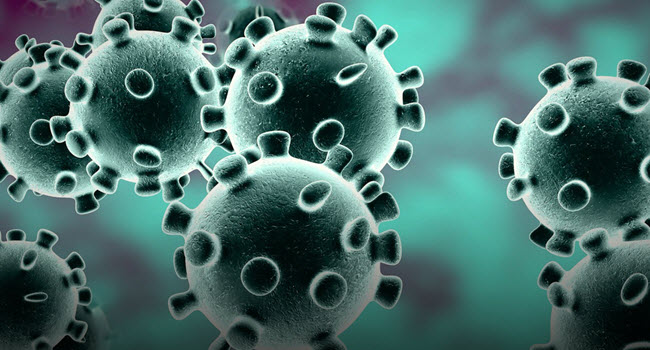
People Mount Strong Immune Responses to Coronavirus, Boding Well for a Vaccine
The findings from the early-stage trial that started in March included eight healthy people who each received two doses of the vaccine, the Times reported.
The volunteers made antibodies that were able to stop the coronavirus from replicating, and the levels of the antibodies were similar to those in people who’ve recovered after contracting the virus, according to vaccine maker Moderna.
The company said the next phase of the testing will involve 600 people and is scheduled to begin soon, but U.S. officials have cautioned that it could take a year to 18 months to produce a vaccine that would be widely available, according to the Times.
The La Jolla research does seem to solidify the notion that effective vaccines are possible.
In their research, Sette’s group found that all the patients had a strong CD4, or “helper,” T-cell response to the new coronavirus. Almost all of them had made CD8, or “killer,” T-cells specifically against COVID-19. “Our data show that the virus induces what you would expect from a typical, successful antiviral response,” Crotty said.
“We have a solid starting foundation to now ask whether there’s a difference in the type of immune response in people who have severe outcomes and require hospitalization versus people who can recover at home or are even asymptomatic,” Sette noted.
“But not only that, we now have an important tool to determine whether the immune response in people who have received an experimental vaccine resembles what you would expect to see in a protective immune response to COVID-19, as opposed to an insufficient or detrimental response,” he said.
Help from the common cold?
Sette and his team also looked at T-cell responses in blood samples taken before this coronavirus began circulating. They found that many people had a strong immune response even though they had never been exposed.
Because nearly everyone has been exposed to common cold coronaviruses, this might explain this immune response, they said.
It’s not clear, however, if this “cross-reactivity” confers some preexisting immunity to COVID-19. But if it does, that might explain why some people or areas are hit harder by COVID-19 than others, the researchers said.
Source link
